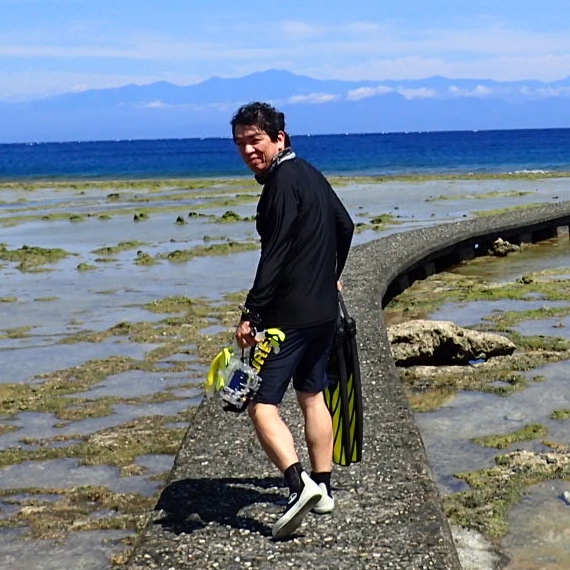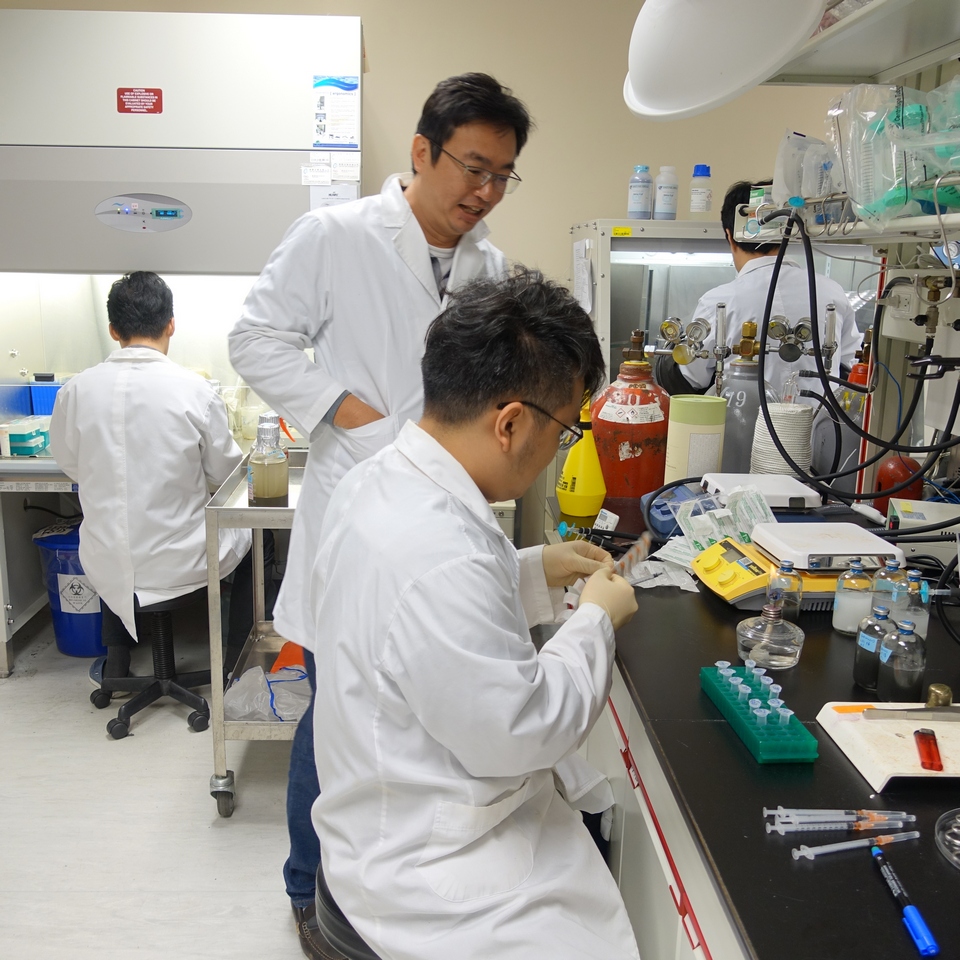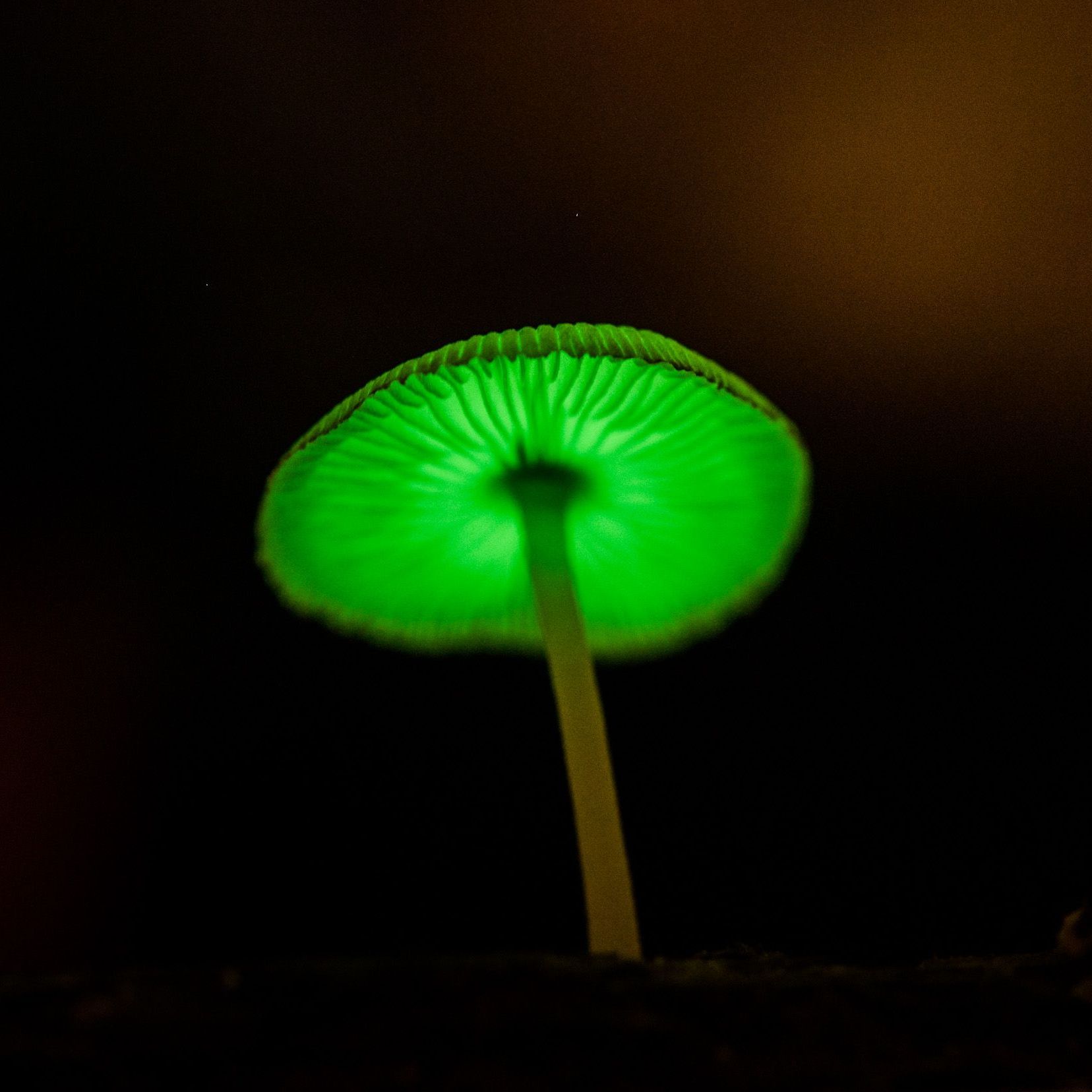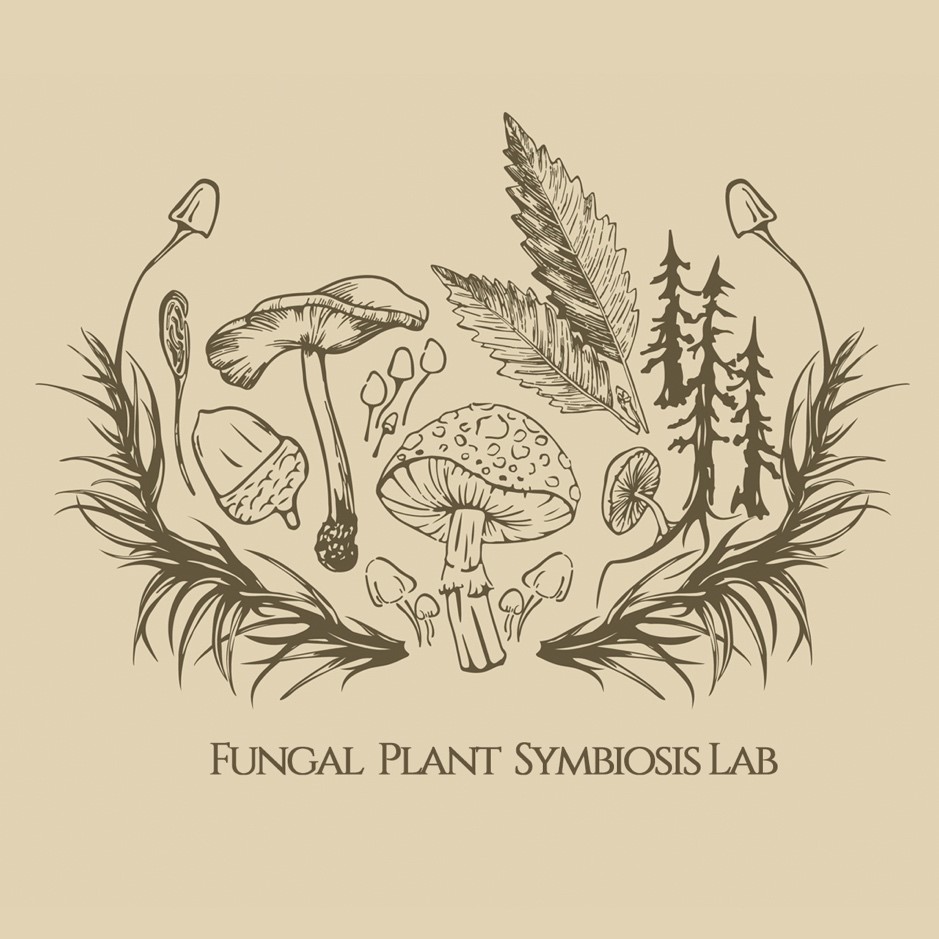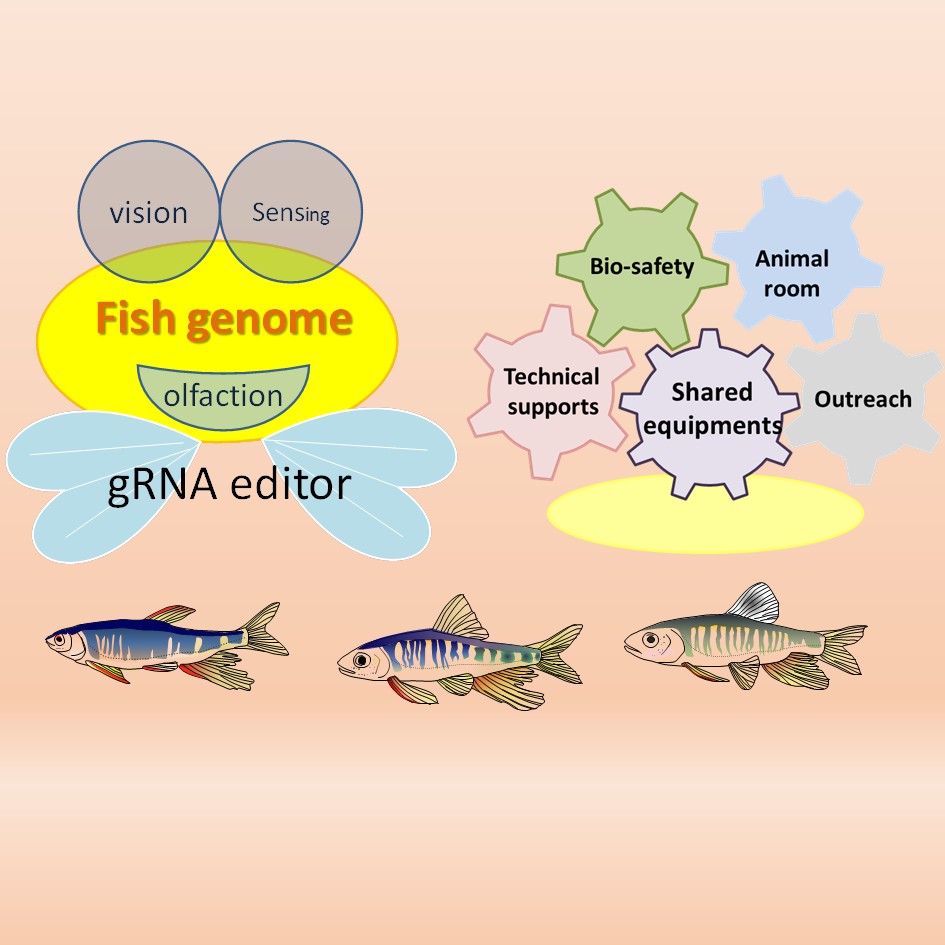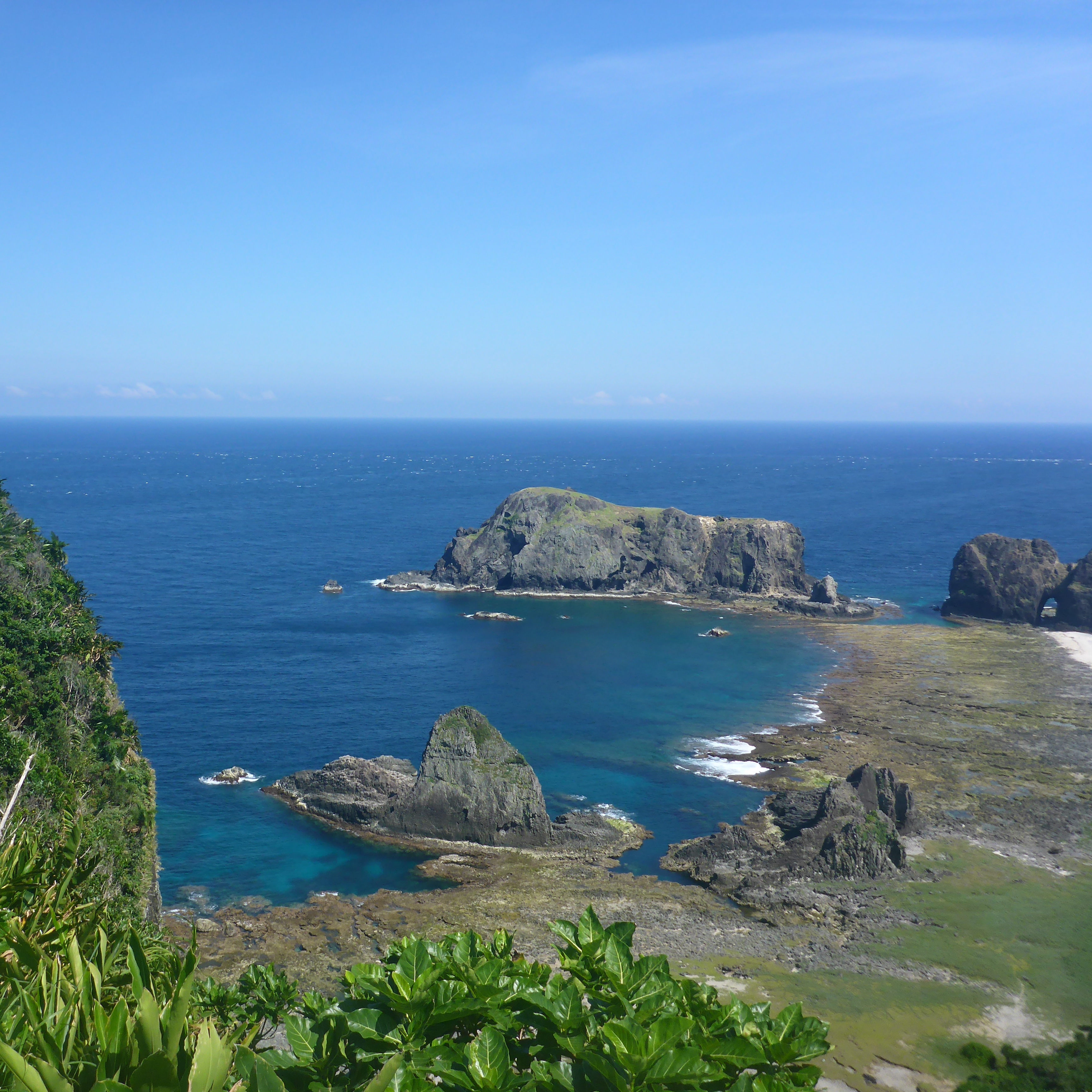
Four divisions

Division of Marine Biodiversity and Ecosystem
We study marine biodiversity and the mechanisms of its generation through basic phylogenetic, paleontological, and ecoacoustic approaches. Our research focuses on the ecology and biodiversity within coral reefs, intertidal zones, hydrothermal vents, and plankton.

Division of Terrestrial Biodiversity and Ecosystems
We study natural ecosystems such as forests, lakes, streams, estuaries, and wetlands focusing on clarifying the interrelationships of plants-animals-microbes’ composition and interactions in the ecosystem. We are also linking the patterns of energy and biogeochemical cycles in the ecosystems based on perturbations in environmental factors. In addition, we are investigating the influence of ecological and environmental factors on the social behavior and evolution of terrestrial organisms, as well as the genomic basis of behavior in social animals.

Division of Evolutionary Genetics and Genomics
We study plant evolution using the camphor tree, paper mulberry, ginkgo, and cycad as models. By using mitochondrial, chloroplast, and nuclear genome sequences, we are characterizing their ecotype genetic variation, population genetics, and speciation. We also study the evolution of animal behavior, bird plumage, and other phenotypes from a genomic perspective. Other topics include the origin and evolution of C4 photosynthesis and the evolution of gene regulatory networks.

Division of Microbial Diversity and Bioinformatics
We wish to understand the roles of microorganisms in different ecosystems for biological conservation and environmental management. To do this, we study how the composition of microbial communities and the gene expression of microbes are affected by climate change and environmental pollution in the various ecosystems of Taiwan and surrounding waters. In addition, we also collect, establish cultures, and sequence the genomes of microorganisms to expand on a biological resource collection for subsequent biotechnological applications and environmental restoration. In terms of bioinformatics, we are committed to developing new methodologies and tools to cope with the large amount of "omic" data generated by the latest sequencing technologies. Our eventual goal is to establish digital collections and microorganism databases containing in Taiwan.





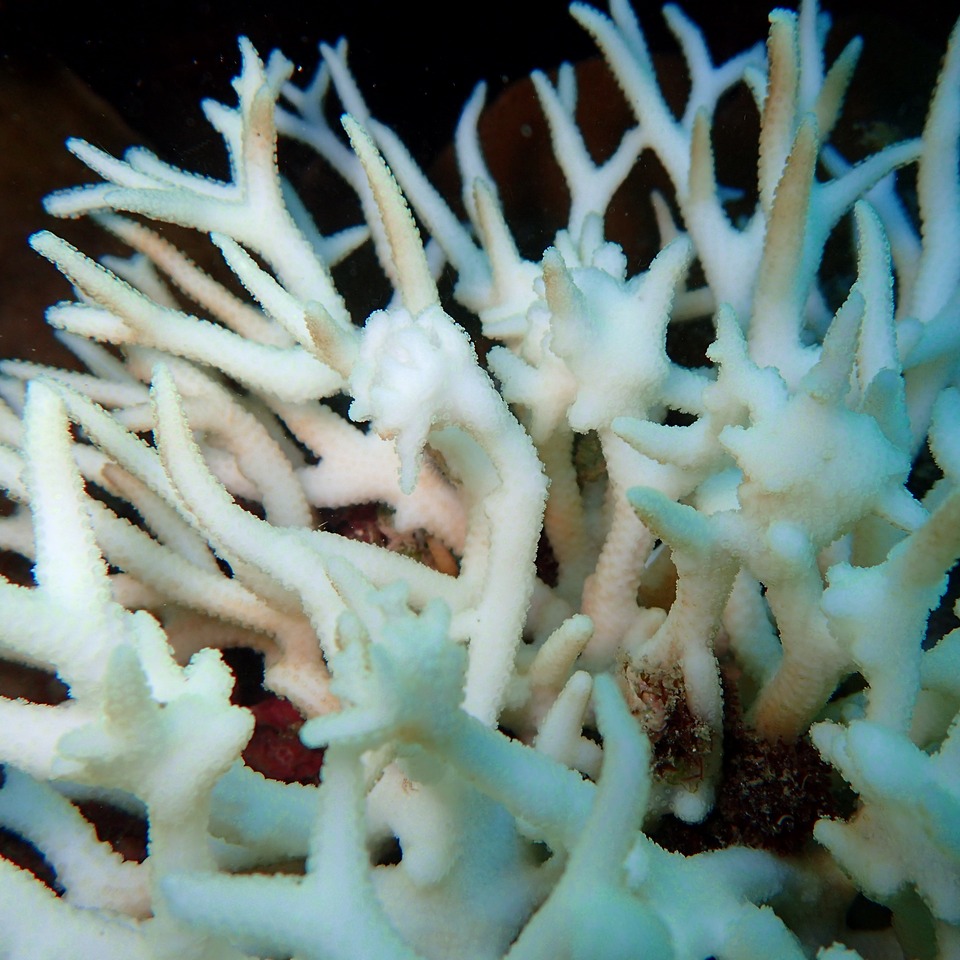
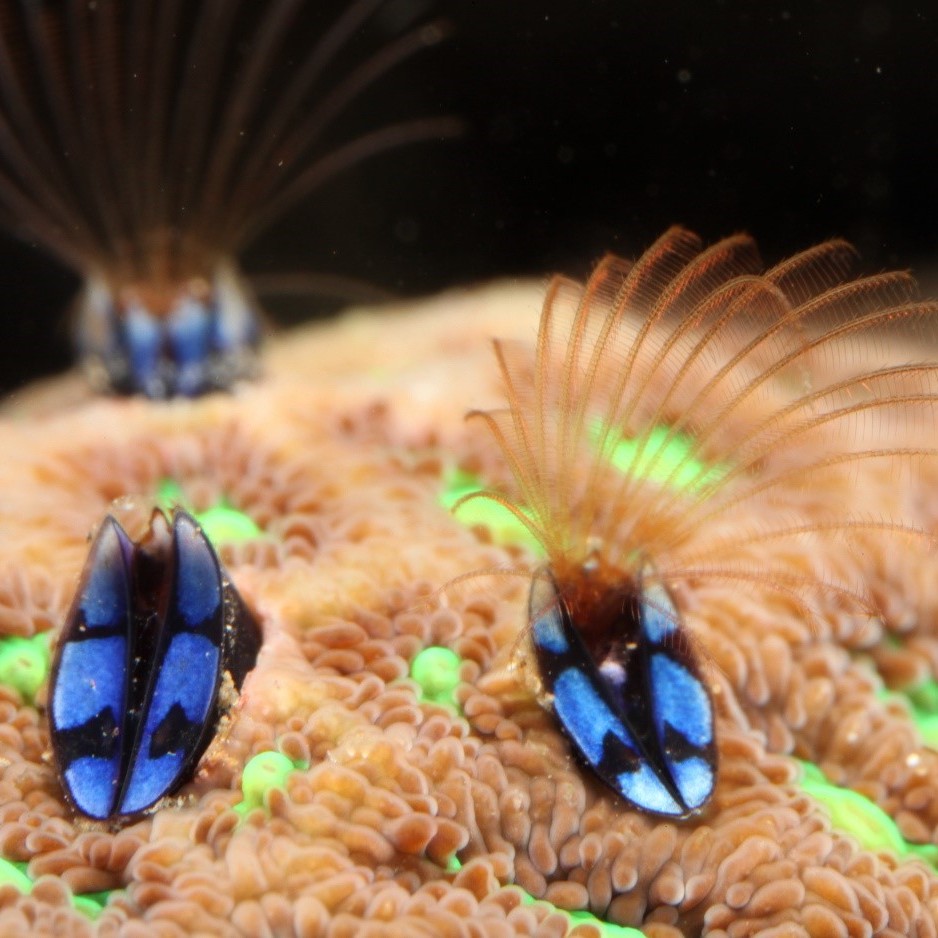
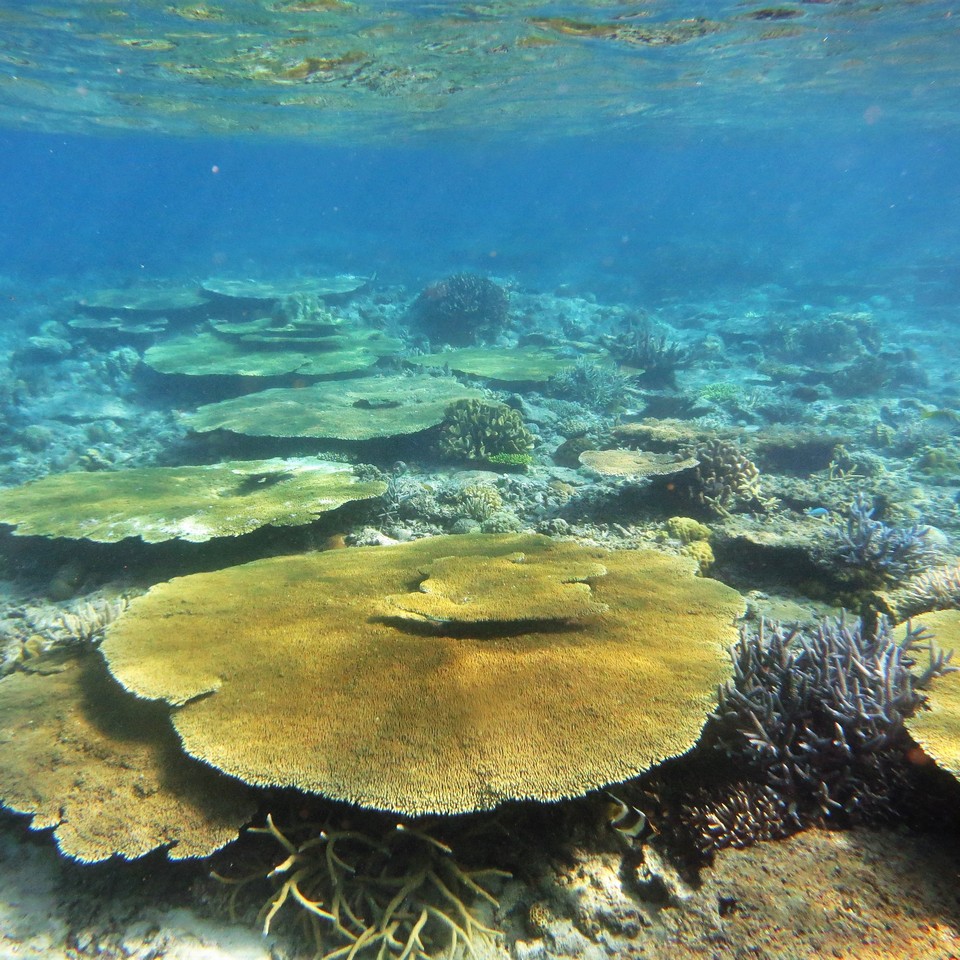
_960.jpg)
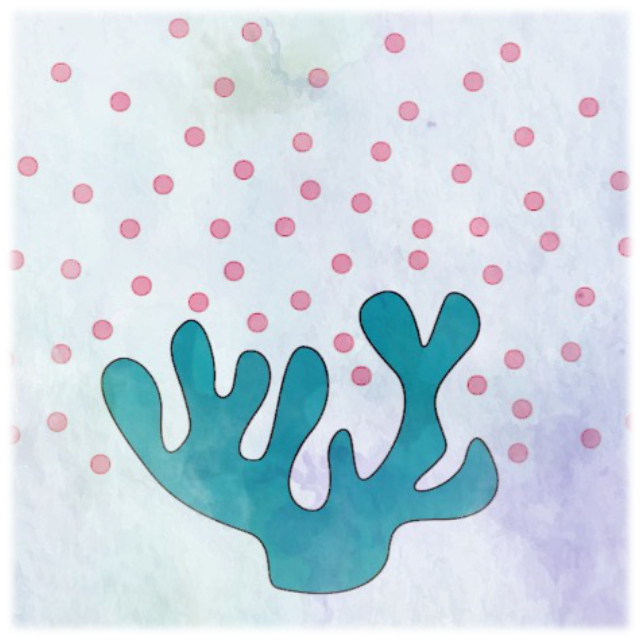

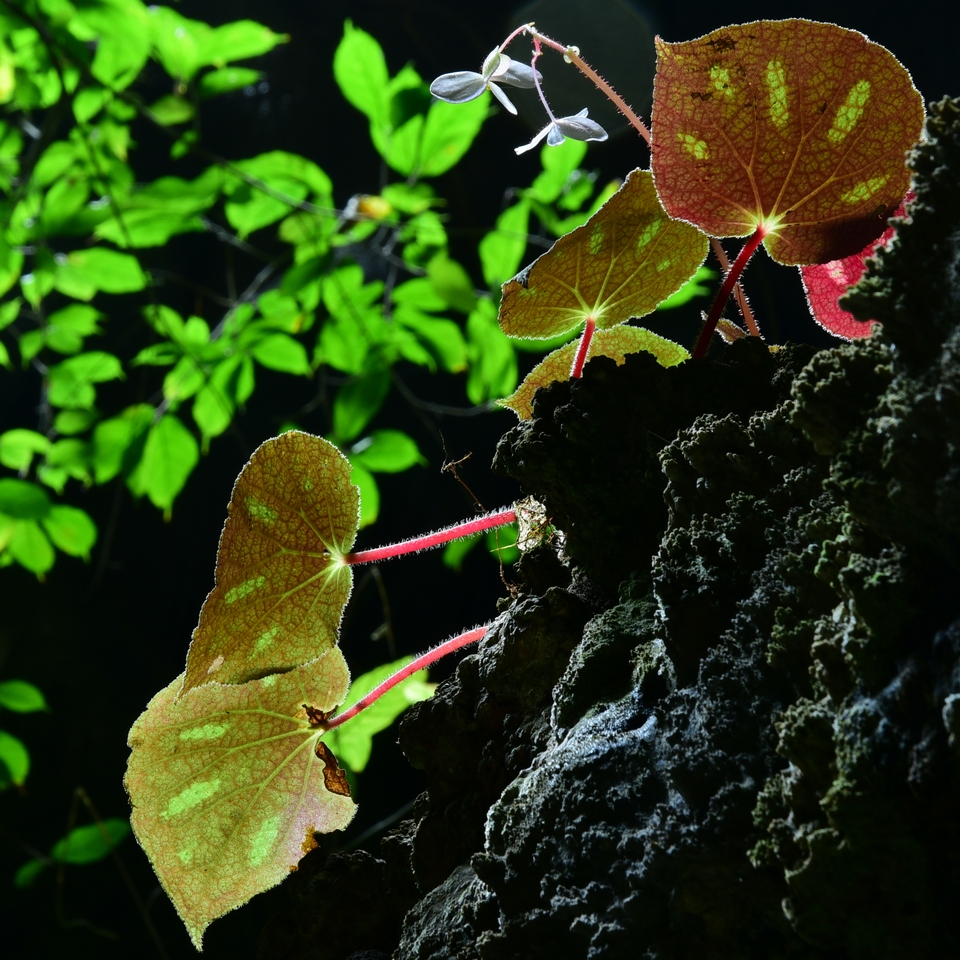
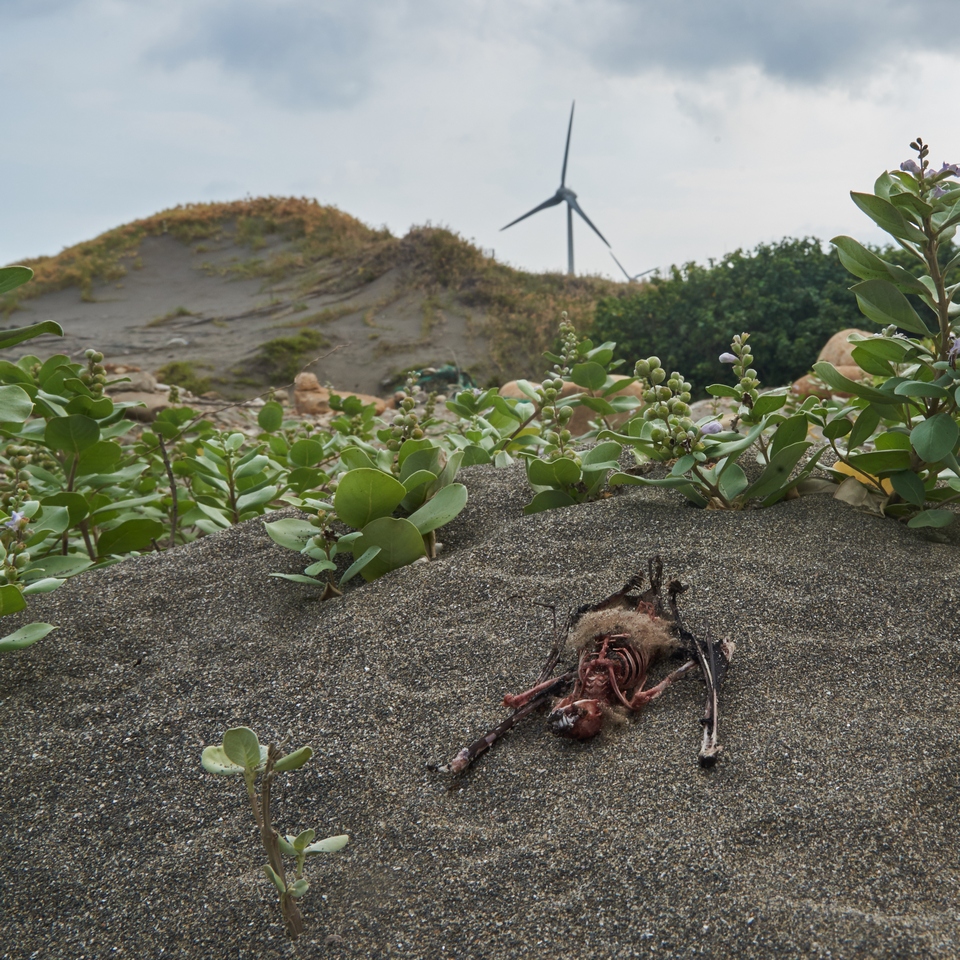
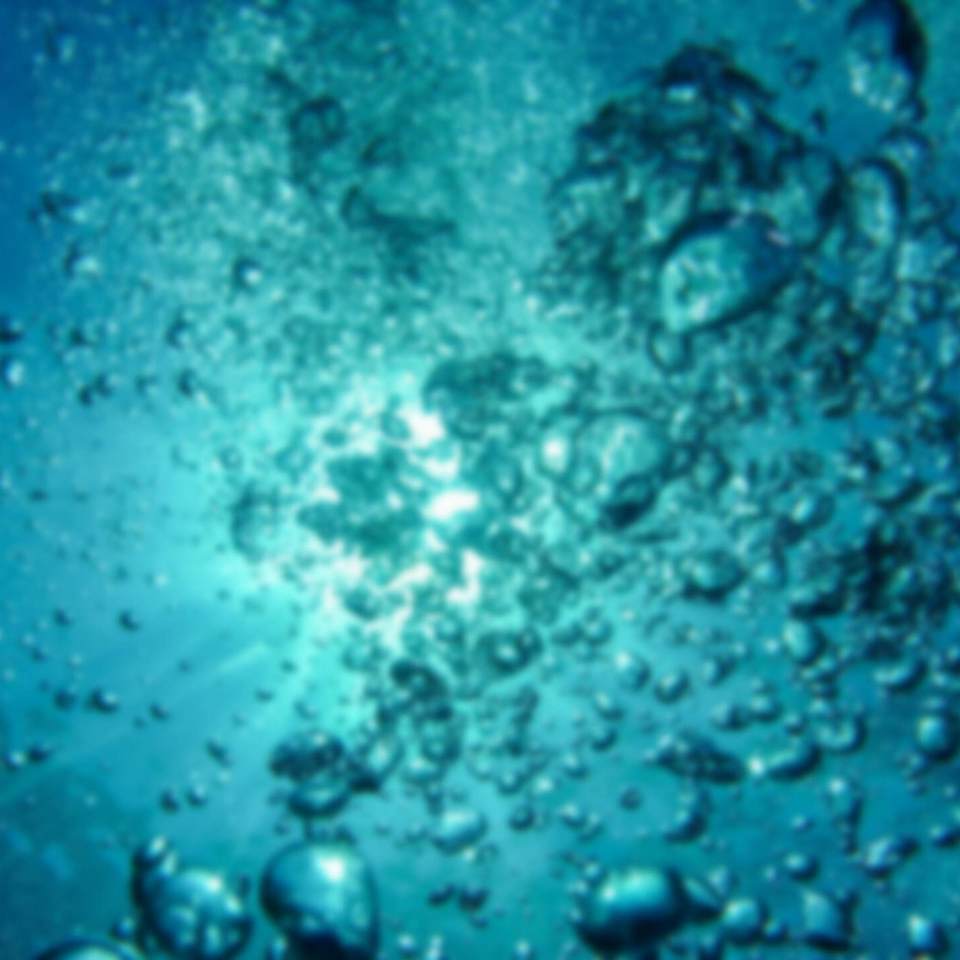
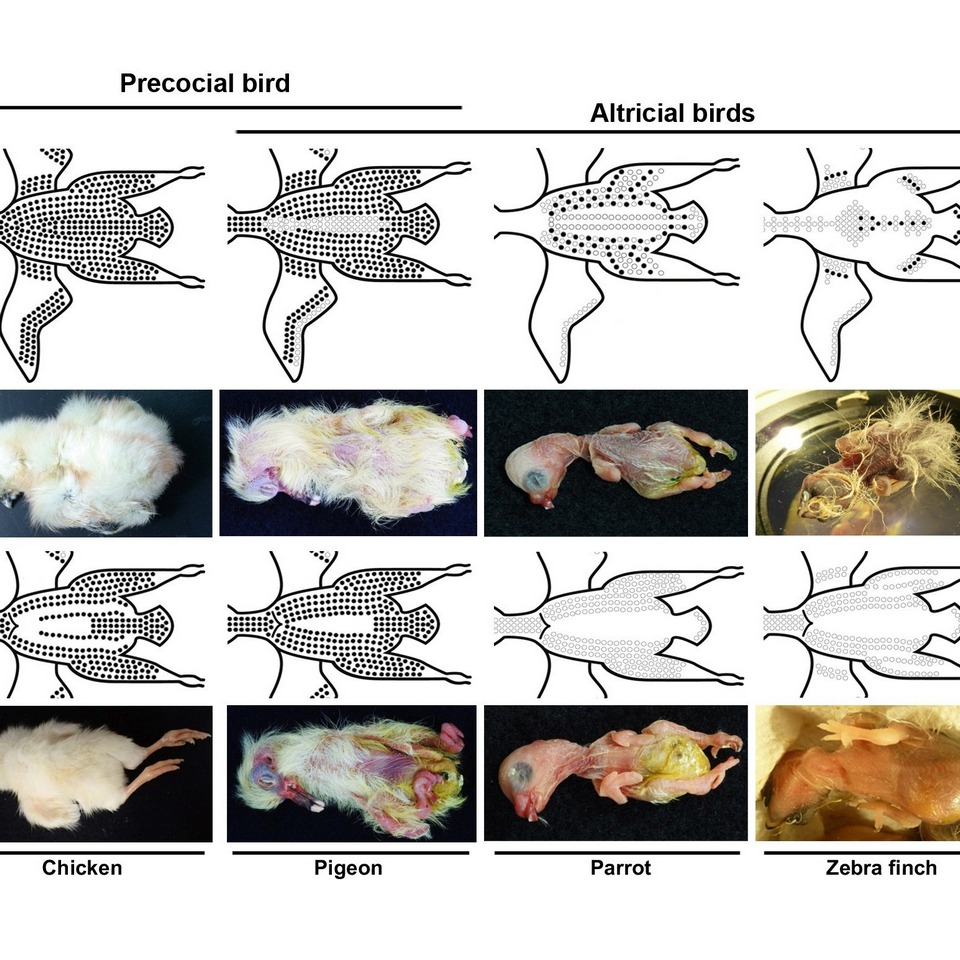
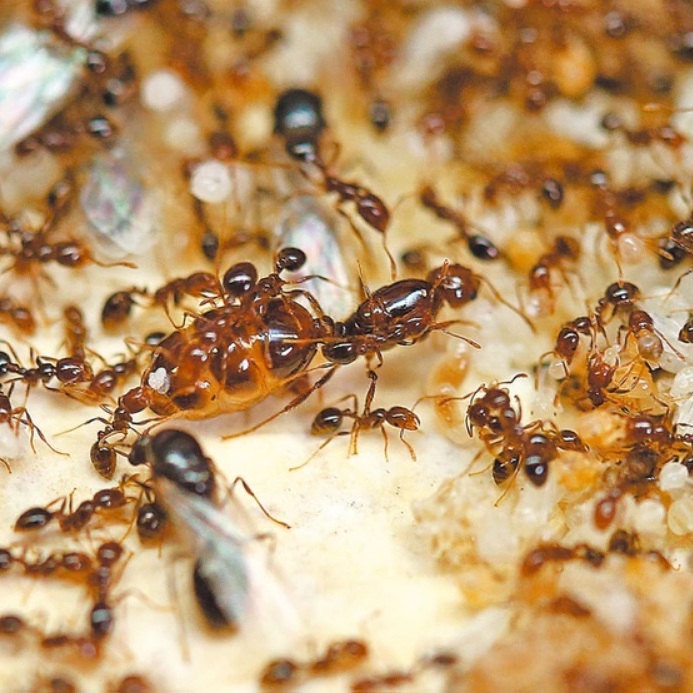
_960.jpeg)

